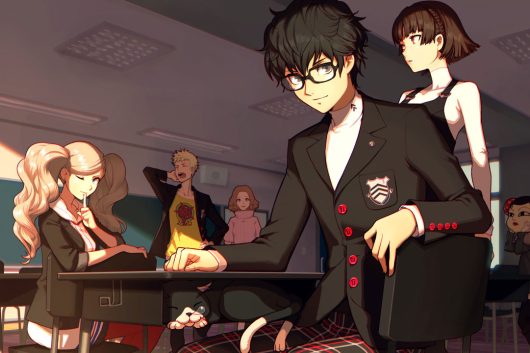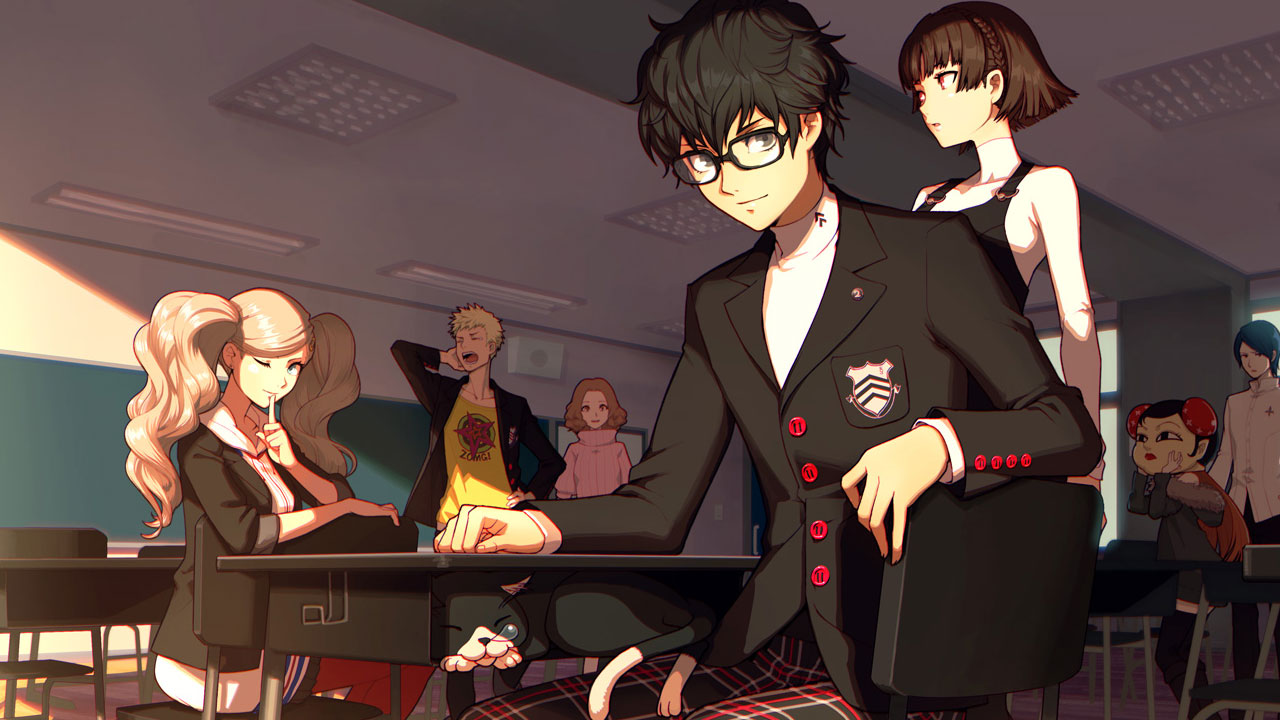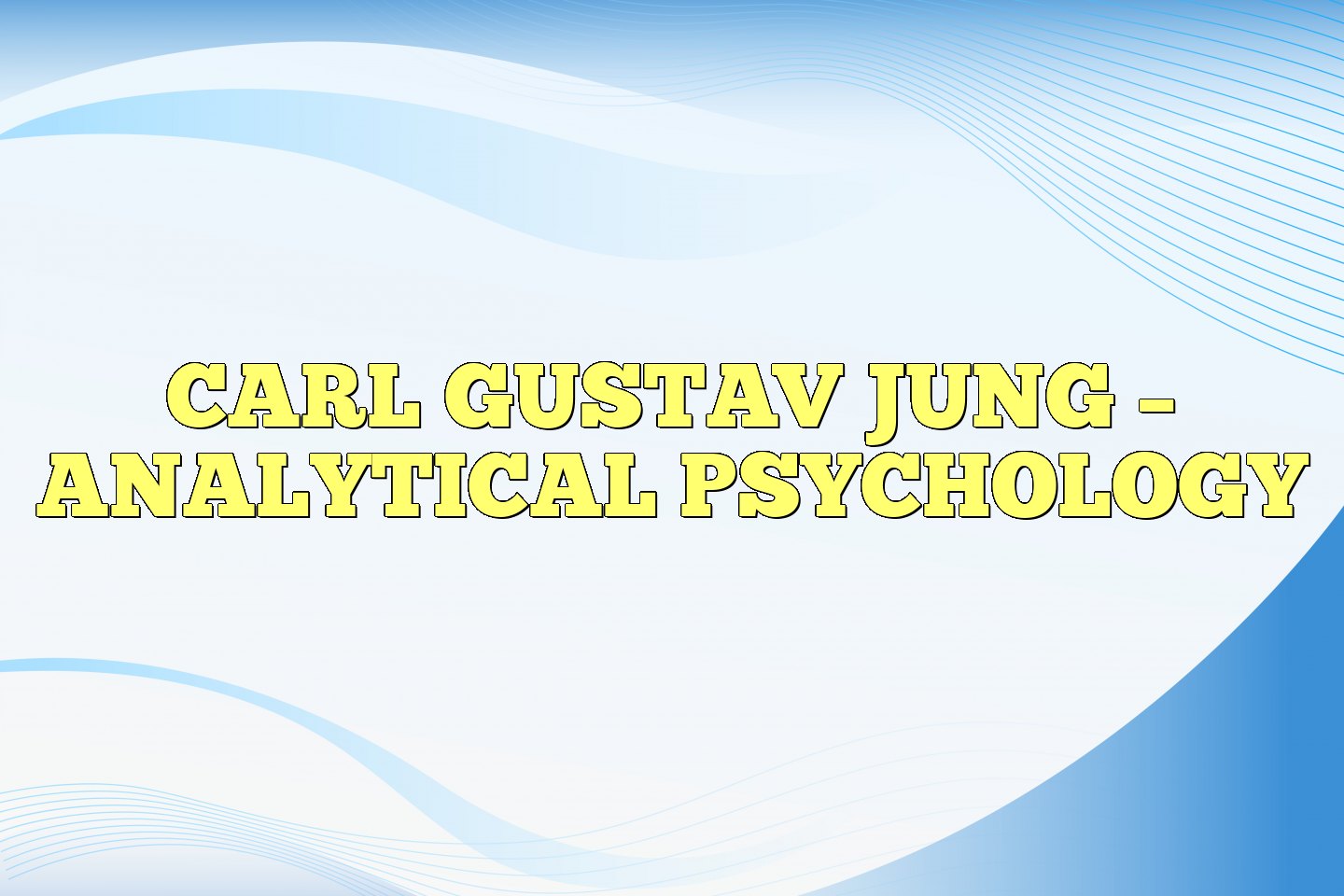


The Persona series has consistently showcased its eccentricity with pride. It’s fashionable, thought-provoking, somewhat unhinged — and somehow succeeds in making demon fusion feel deeply meaningful. Yet, underneath the anime visuals and top-tier soundtracks lies a surprisingly intricate foundation: Carl Jung’s framework of the human psyche.
Indeed, the same Jung who introduced archetypes, the shared unconscious, and the notion that you might be unknowingly projecting your unresolved issues onto your former partner. Persona 5 Royal takes all of this and morphs it into a game where you summon your inner self, tackle internal struggles, and engage with metaphors.
If you’re jumping in with a Persona 5 Royal Steam code, be aware that you’re embarking on a journey that encompasses Jungian theory, adolescent rebellion, and cloaked metaphysics.
Jung, But Ready for Battle
At the heart of Jungian psychology is the notion that we all don masks — personas — to navigate society. These aren’t fabrications; they’re refined representations of ourselves meant to be acceptable. Yet behind the mask lies the Self, the complete, unrestrained you, filled with insecurities, hidden fears, and unresolved parental issues.
The Persona series makes this concept tangible. Your Persona is your alternate self — summoned during combat, developed through self-reflection, and brought to life by facing the darkest recesses of your mind. Jung referred to this process as individuation. Persona dubs it a boss battle in a luminous palace populated with shadow creatures and nuanced allusions to capitalism. Tomato, tomahto.
Shadow Work (With Experience Points)
Jung’s idea of the Shadow — the subconscious part of us that we reject or repress — is pivotal to the series. Every foe in Persona 5 Royal represents someone who has been entirely overtaken by their shadow self: compromised educators, exploitative supervisors, twisted lawmakers. They’re exaggerated, of course, but the horror stems from their relatability. These are individuals who were rewarded for neglecting their humanity.
In contrast, your eclectic group of teenagers each confronts their shadow to evolve. Ann regains her empowerment. Yusuke grapples with genuineness. Futaba finds healing through confrontation. Their Personas arise from these experiences not merely as enhancements, but as emblems of acceptance. You don’t annihilate your shadow — you embrace it.
So if you’ve ever looked into a mirror and questioned your identity – or if your mirror unexpectedly began speaking and providing tarot readings, perhaps a Persona 5 Royal Steam code is the therapeutic experience you thought you didn’t require.
The Velvet Room: Jung’s Dream Archive
Next is the Velvet Room — an intermediary space between awareness and the subconscious, where a man with an elongated nose and his increasingly foreboding aides assist you in fusing Personas like psychic Pokémon. It’s bizarre. It’s dreamlike. It’s essentially Carl Jung’s lucid dream, but featuring fusion mechanics and metaphors about parole.
The Velvet Room serves not only as a gameplay center. It symbolizes your inner self — the crucible for growth. Your choices there mirror your evolving psyche. Who you opt to fuse speaks as loudly about you as which Confidants you engage with or which assignments you skip to go dungeon exploring.
Discovering Yourself… and Battling a Deity
The climax of most Persona games involves confronting a deity-like figure that embodies societal conformity, indifference, or absolute control. Jung might have articulated it more delicately, but the essence remains the same: to truly become whole, you must reject the external pressures dictating who you should be.
Persona doesn’t simply turn psychology into a game. It challenges you to be open. To confront the aspects of yourself you might prefer to overlook. And perhaps, to understand that healing doesn’t diminish your strength — it empowers you, even if that empowerment includes summoning a fiery horse wearing sunglasses.
No Comments
To comment you need to be logged in!